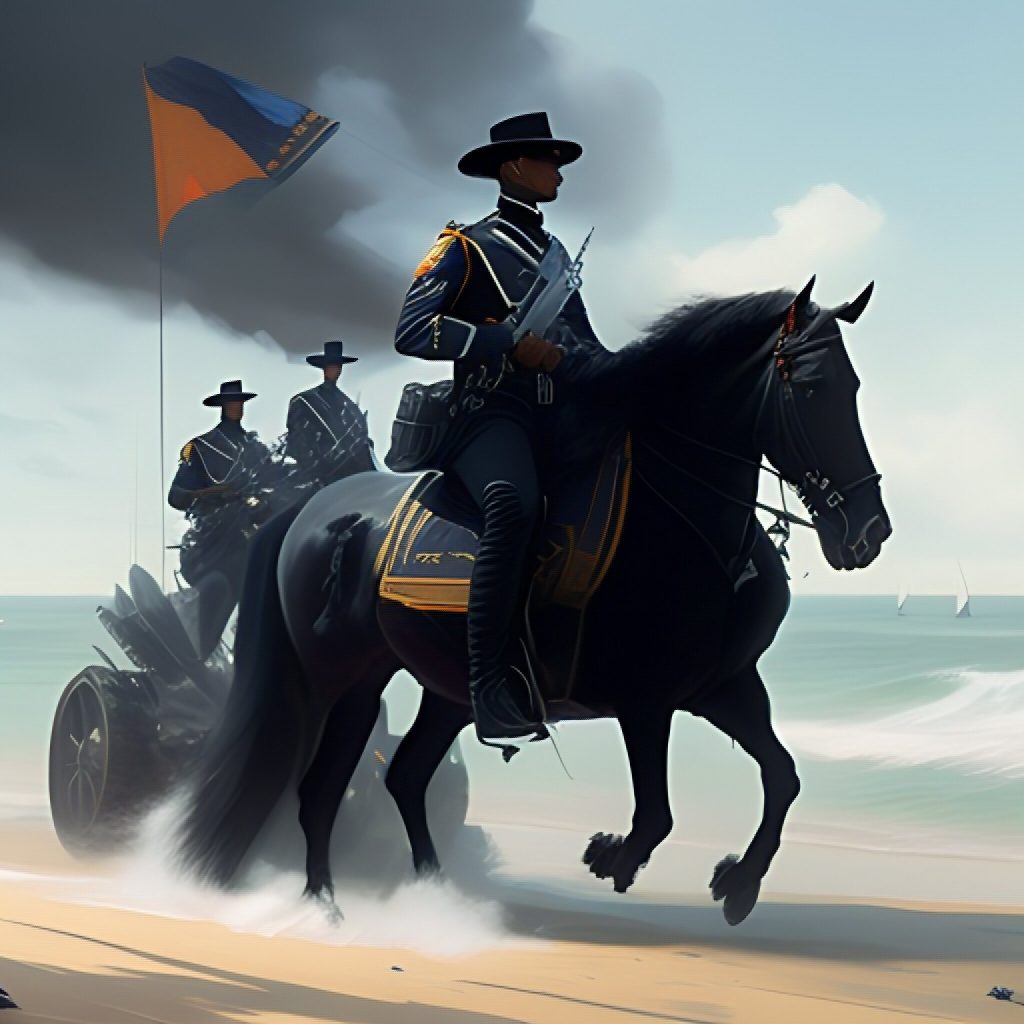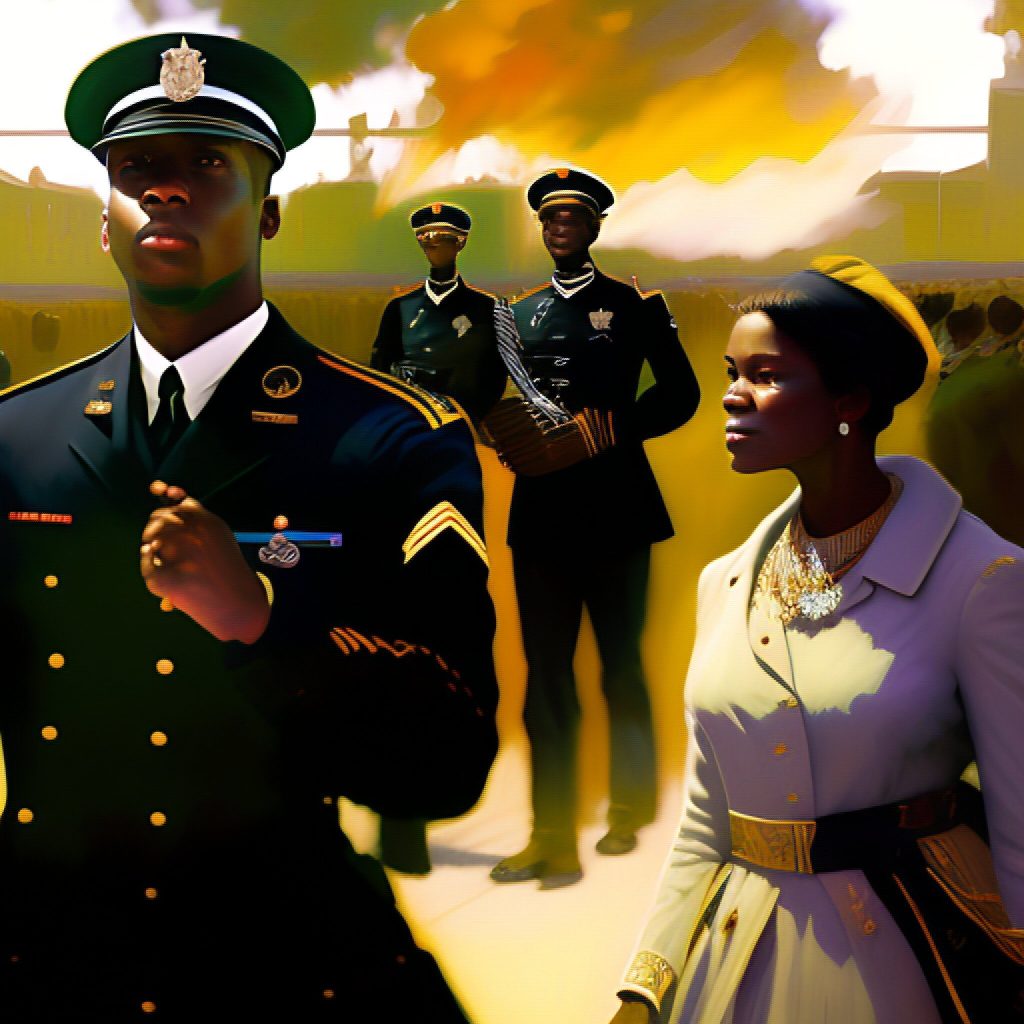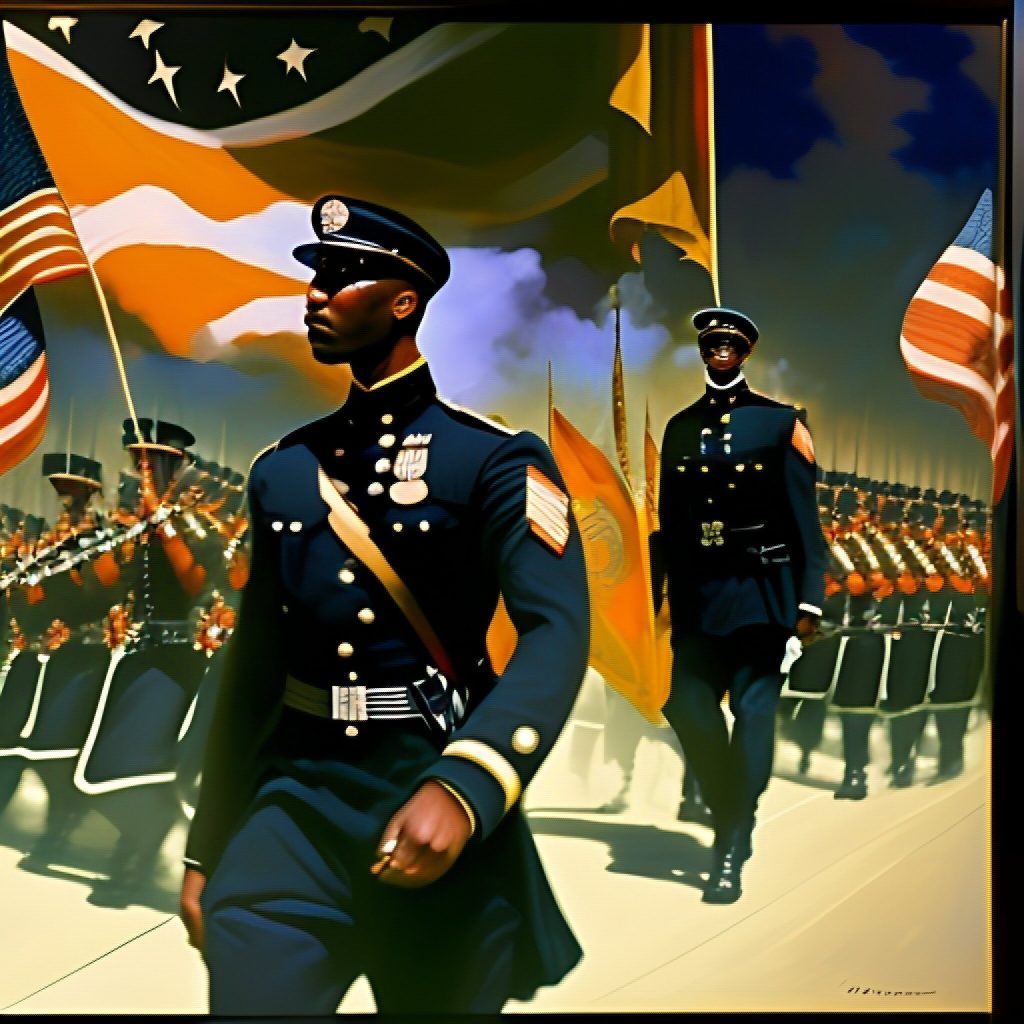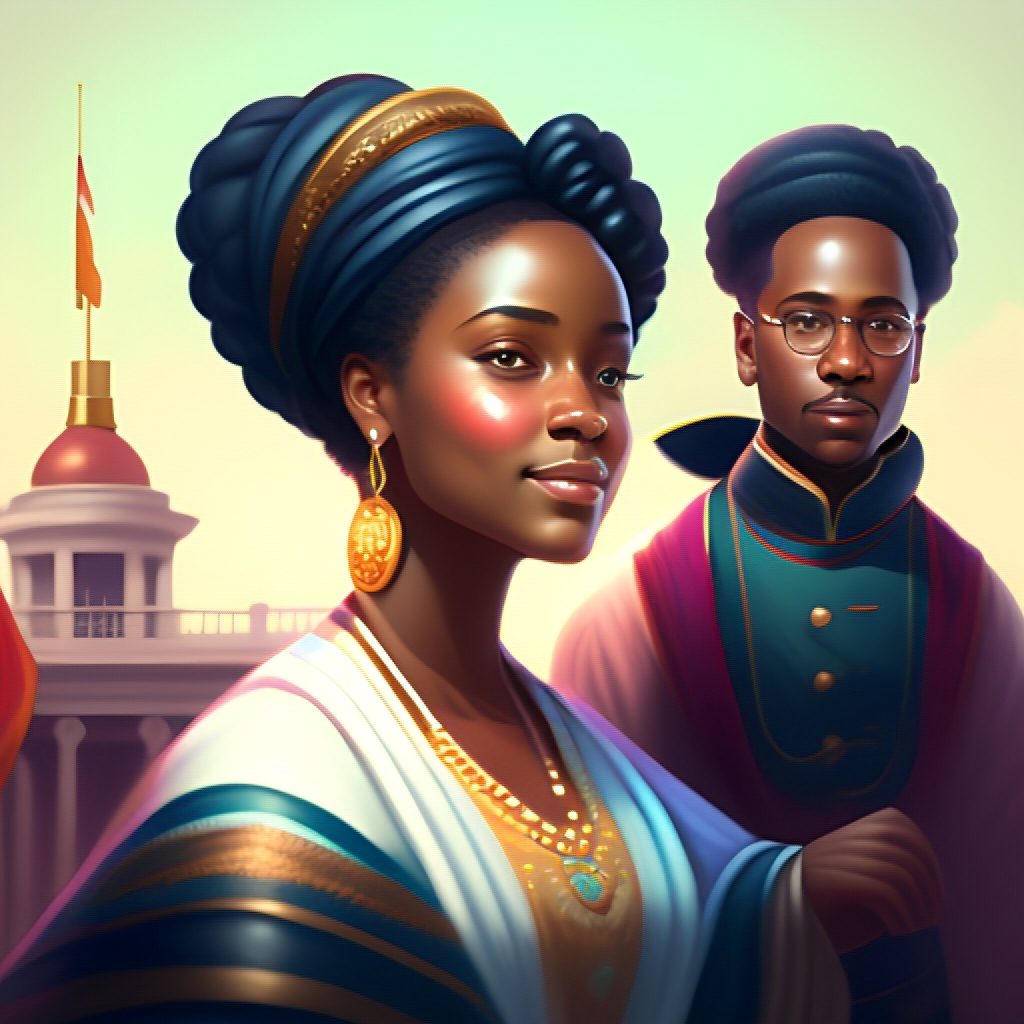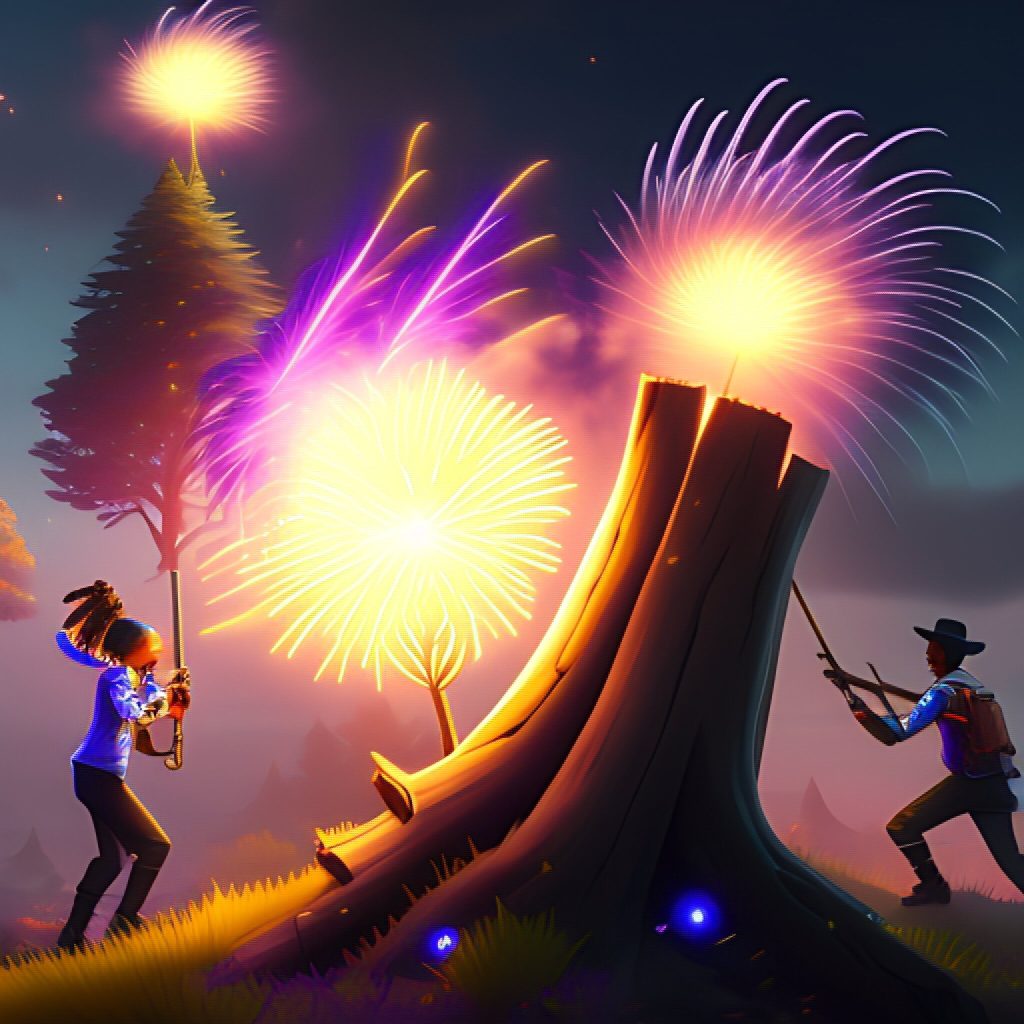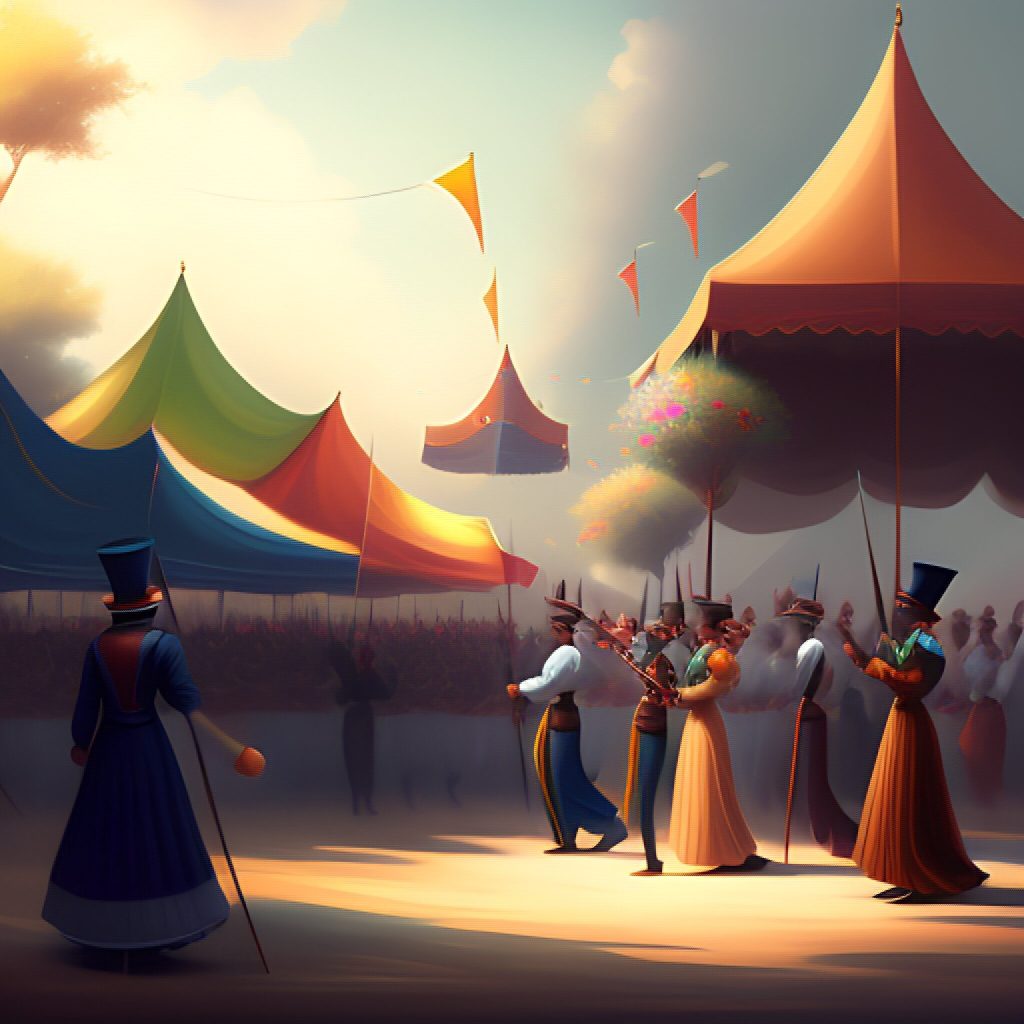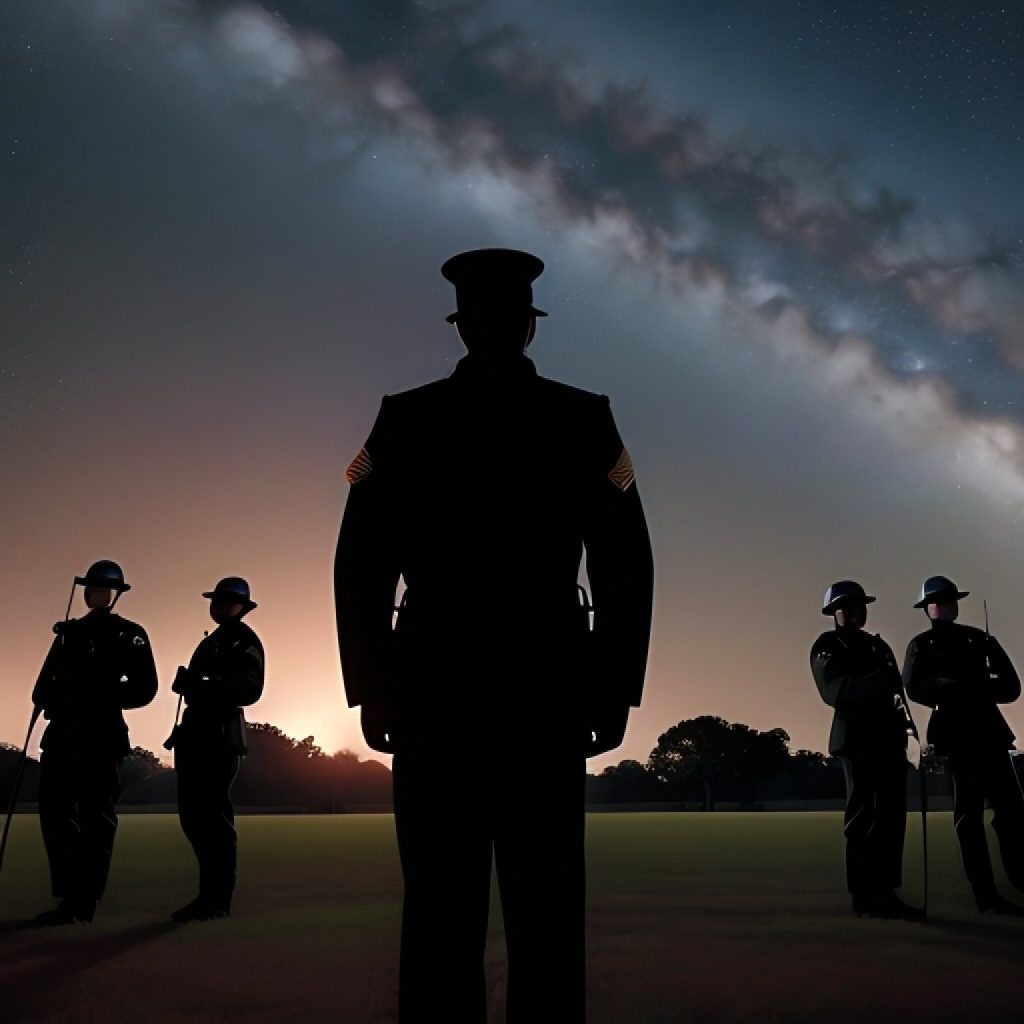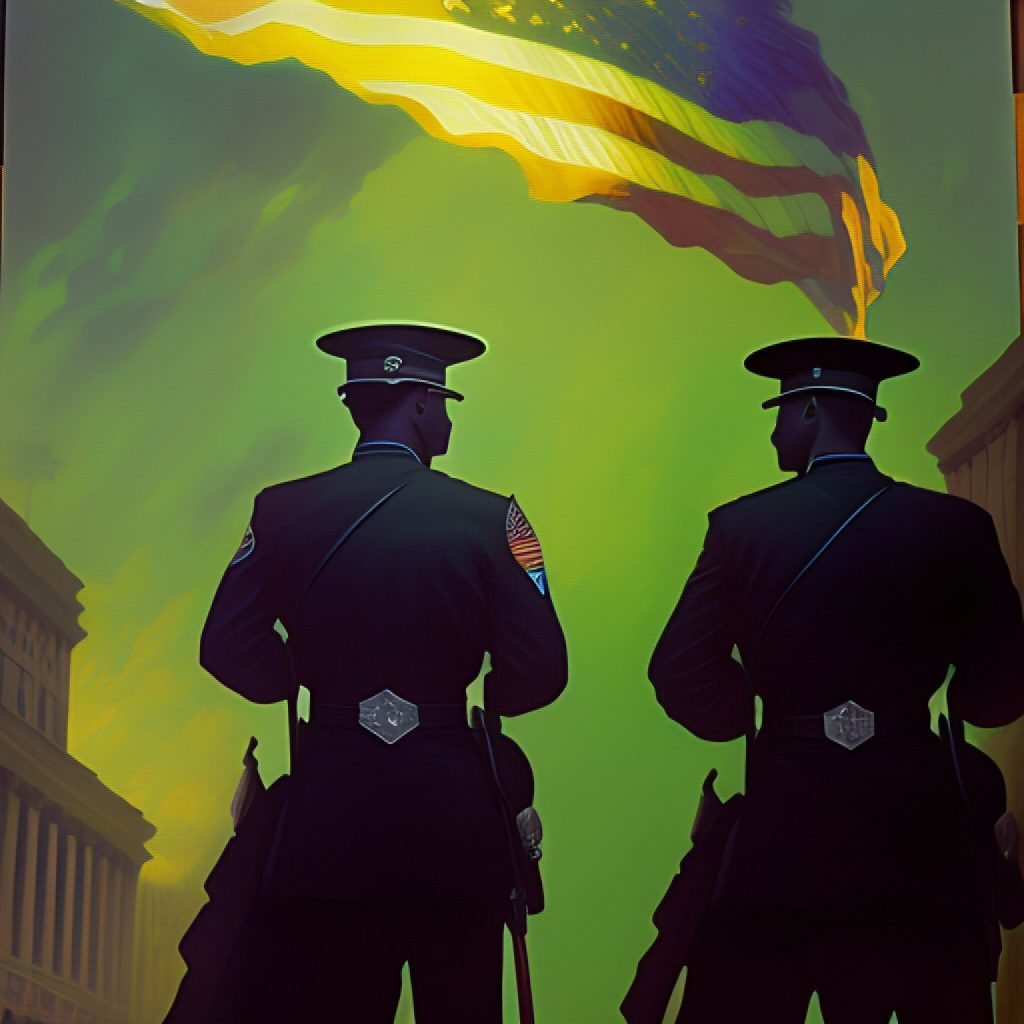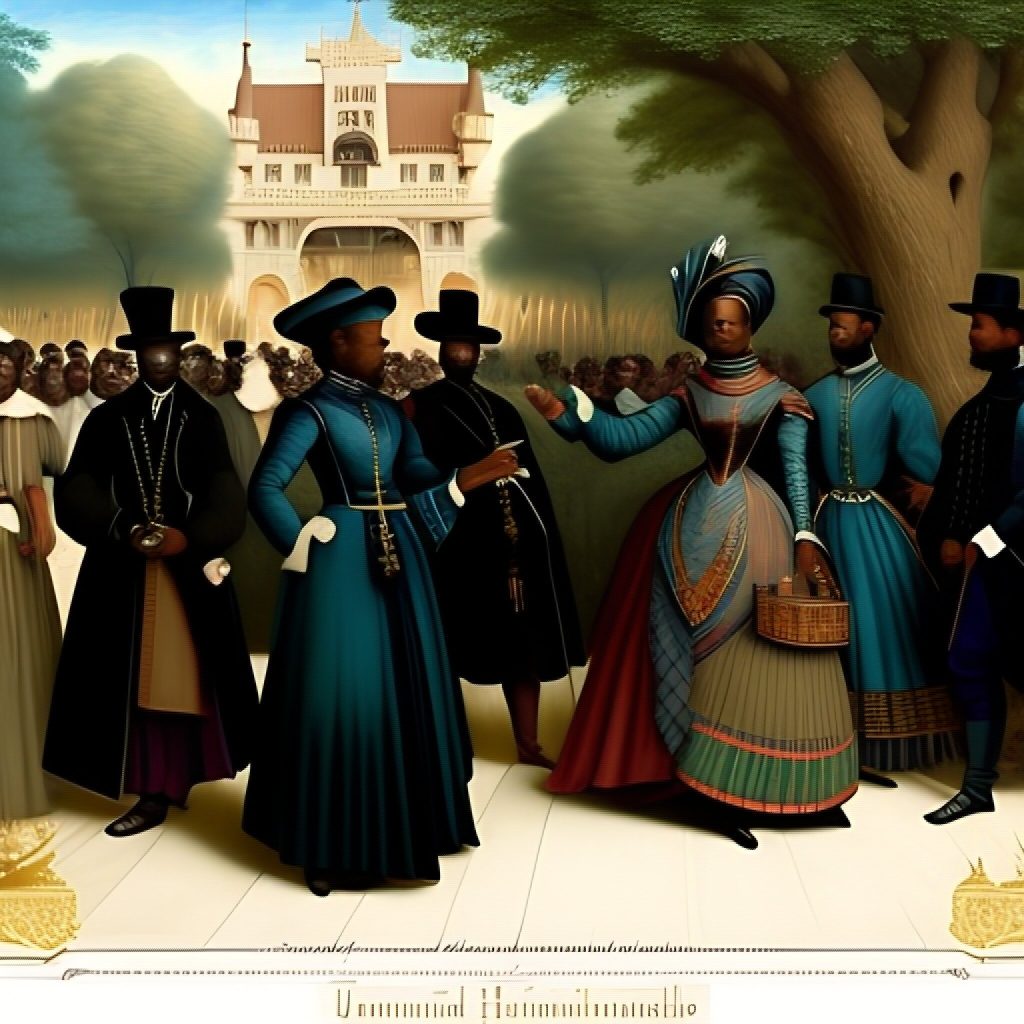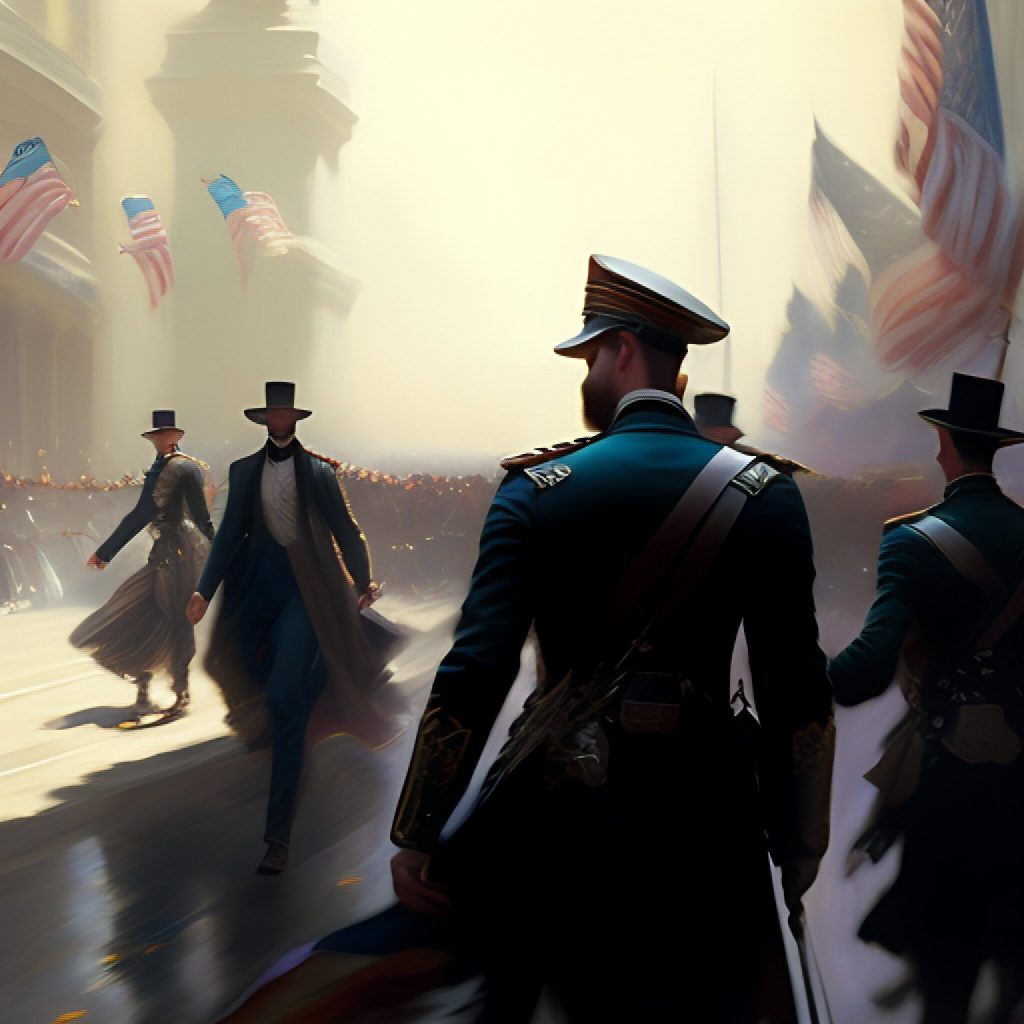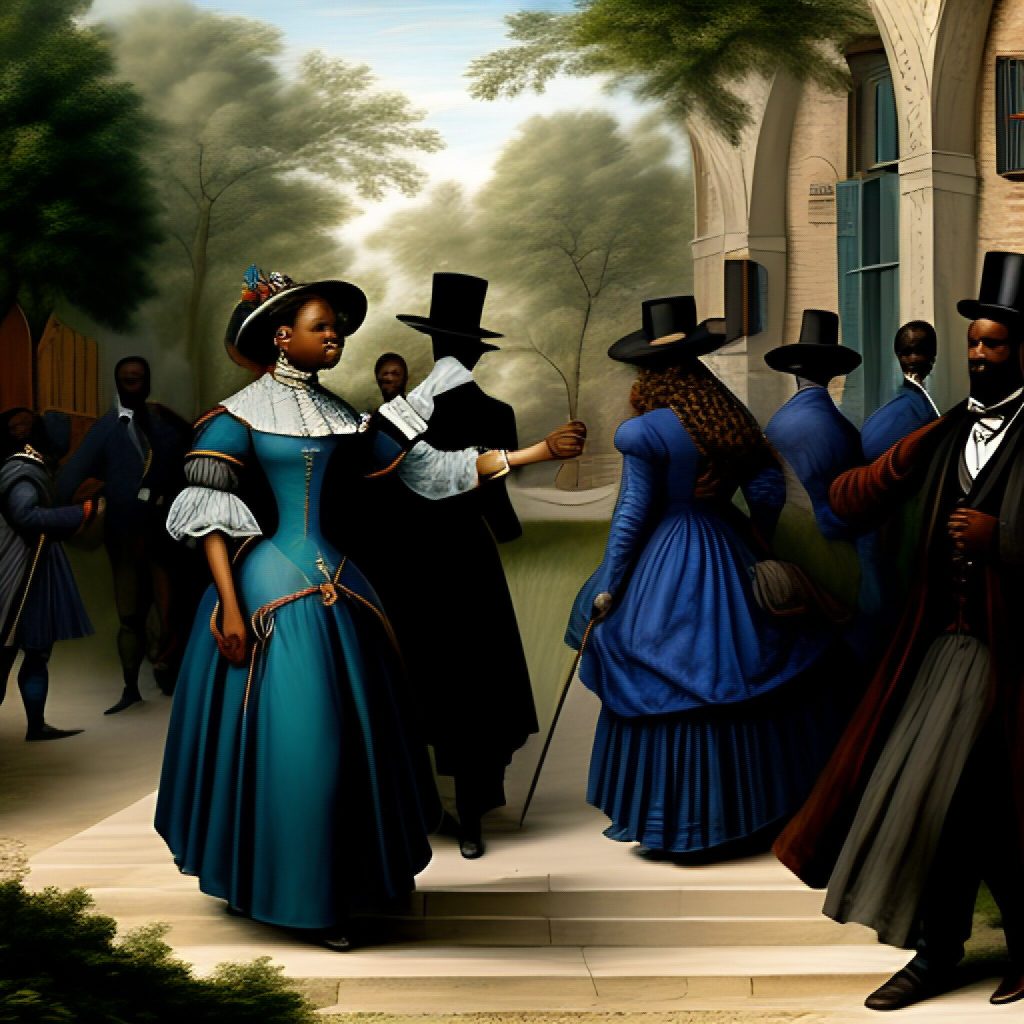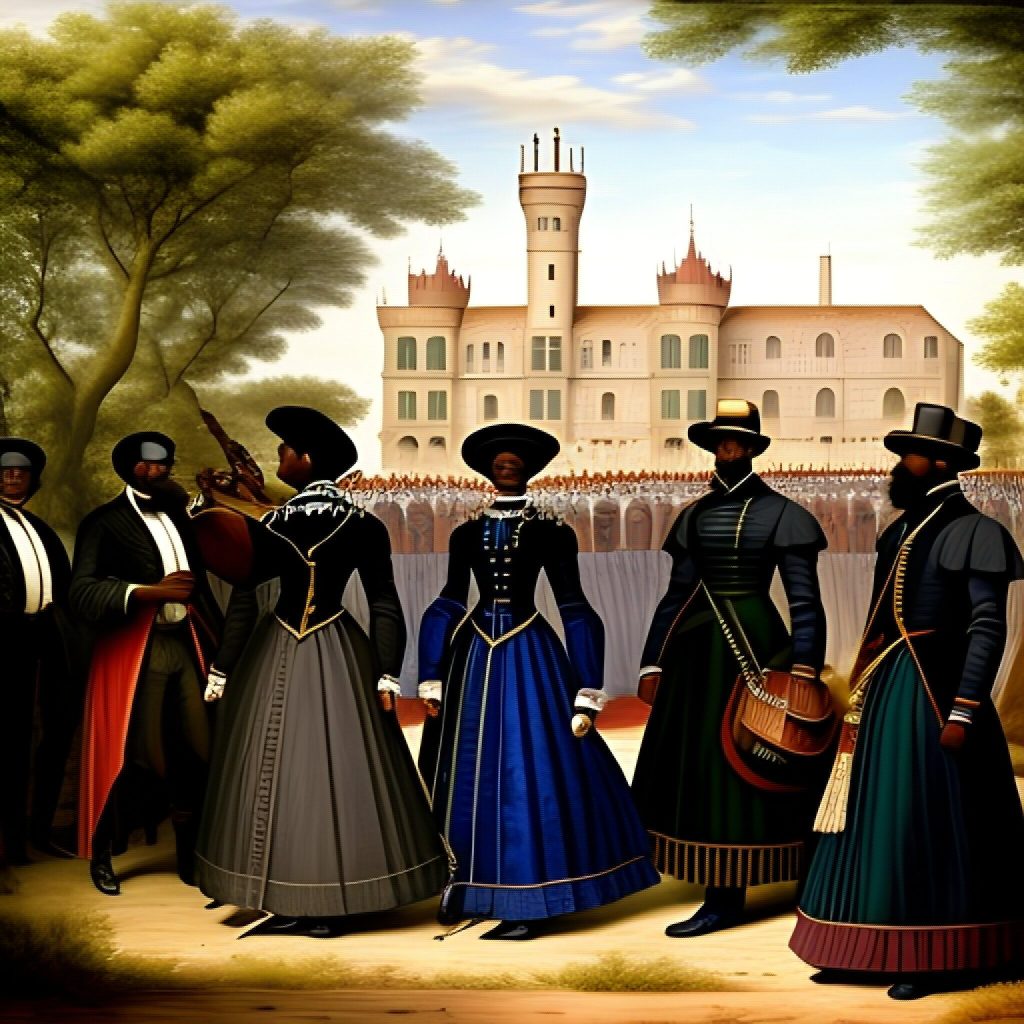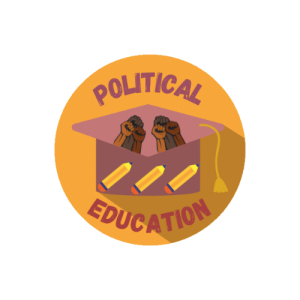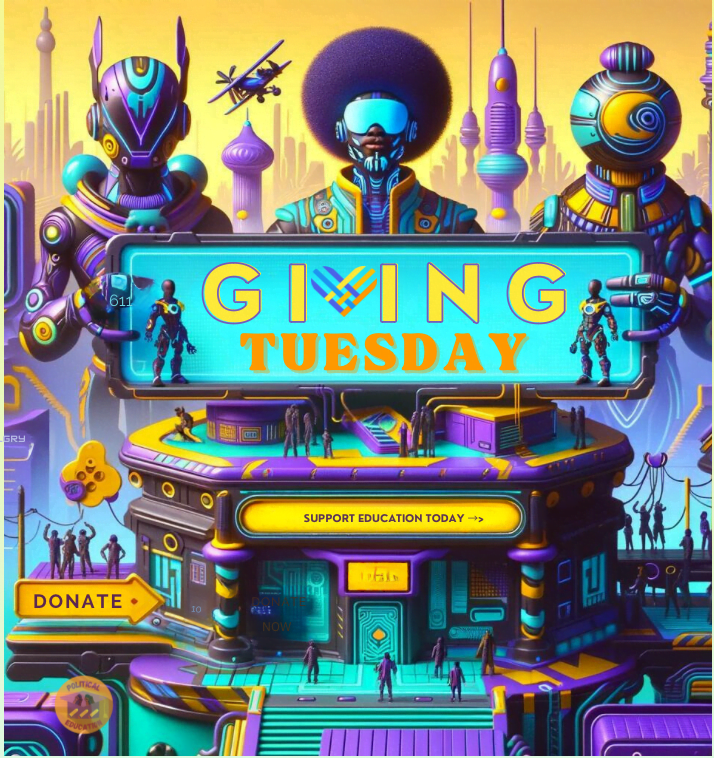Juneteenth: A Special Day for True Freedom
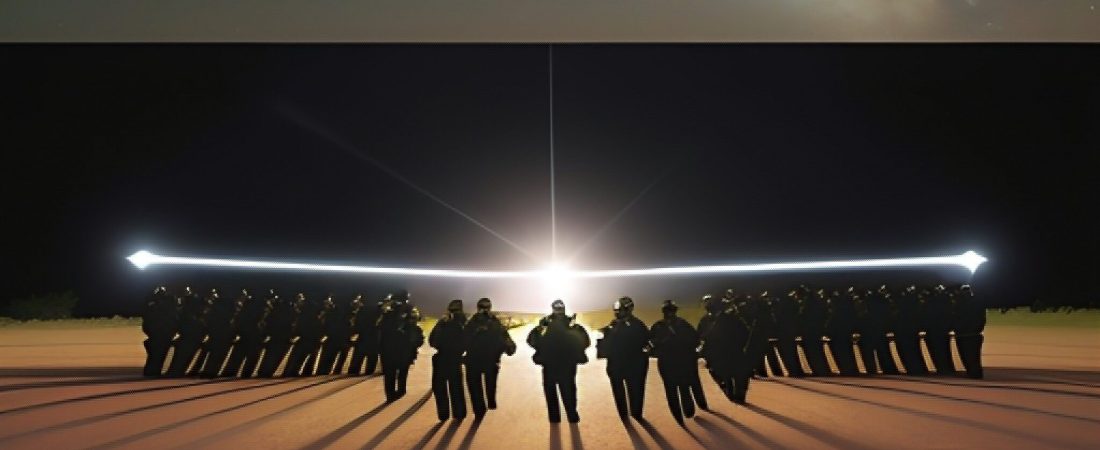
Did you know there’s a special day in June that celebrates the true freedom of Black/African people in America?
It’s called Juneteenth(1).
Let’s learn more about it!
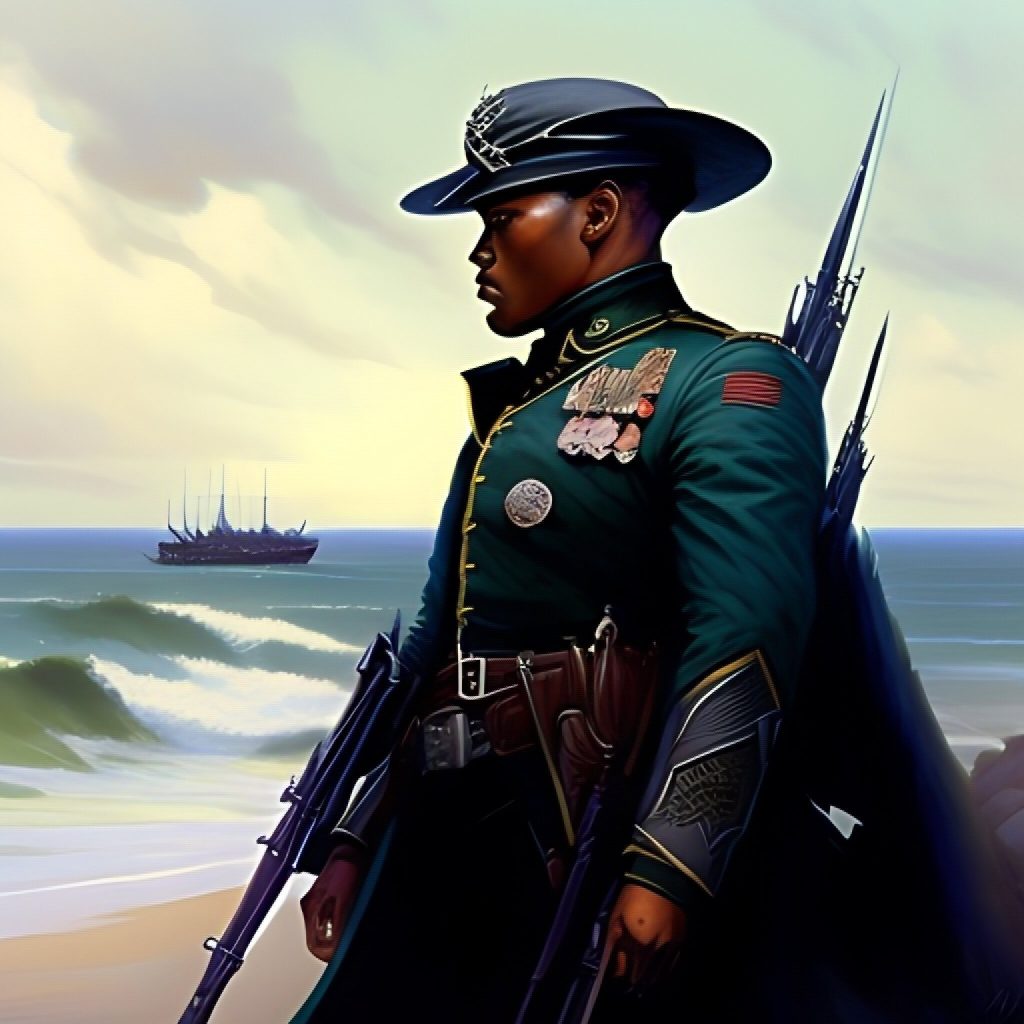
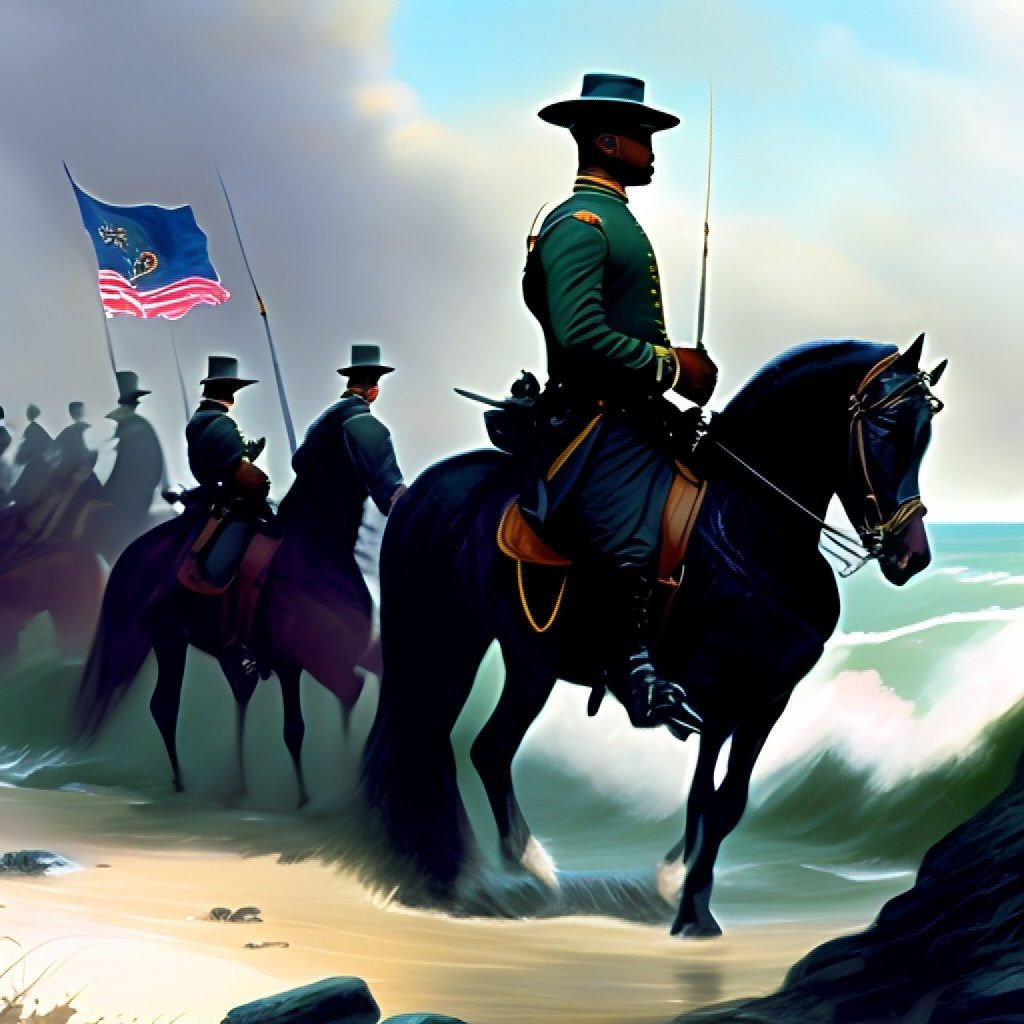
On June 19, 1865, something very important happened. Soldiers from the Union army, which included many brave Black soldiers, arrived in a place called Galveston, Texas(2). They had some great news: the Civil War had ended, and all enslaved people were now free.
But this freedom was more than just not being enslaved anymore. It was a chance for these people to build their own world, a world where they could live true freedom(3). This idea of freedom was very different from what some people in America believed at that time. It was a freedom that was shaped by their hopes, dreams, and struggles.
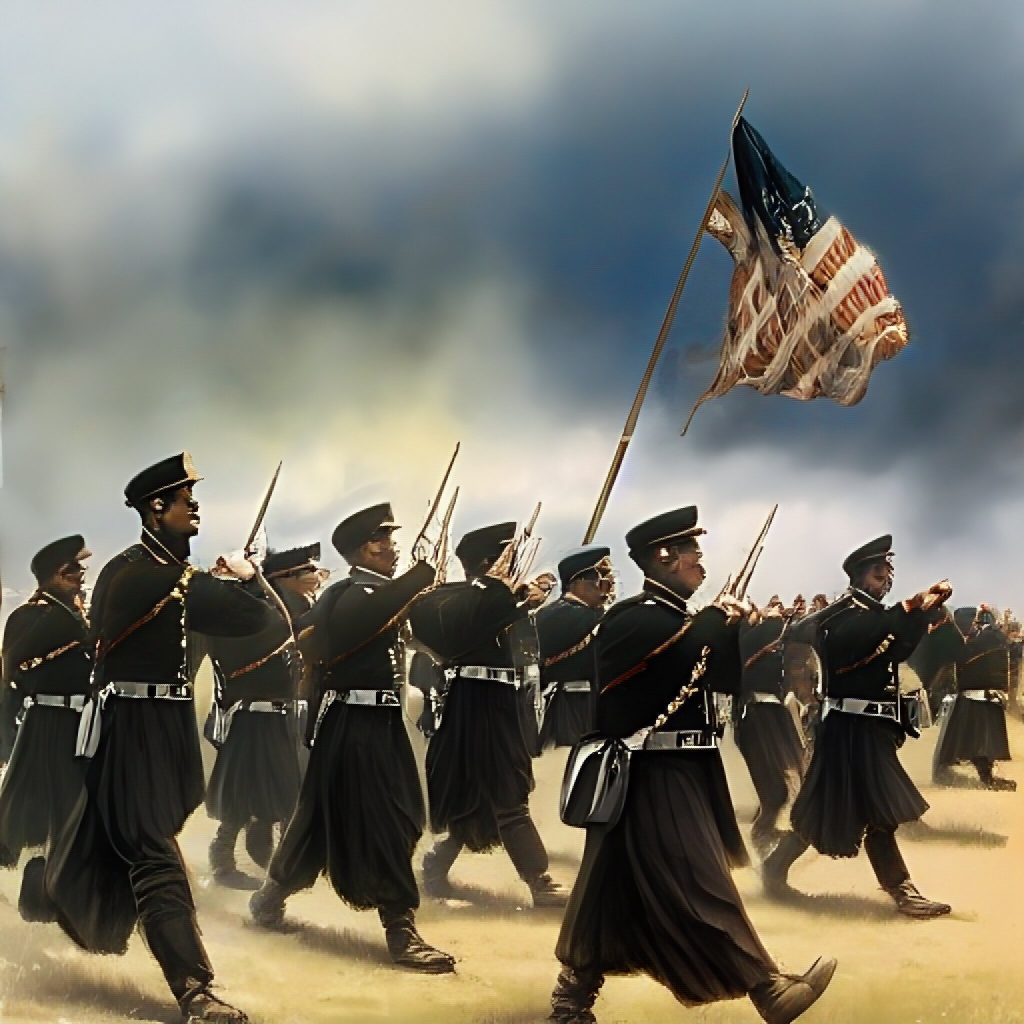
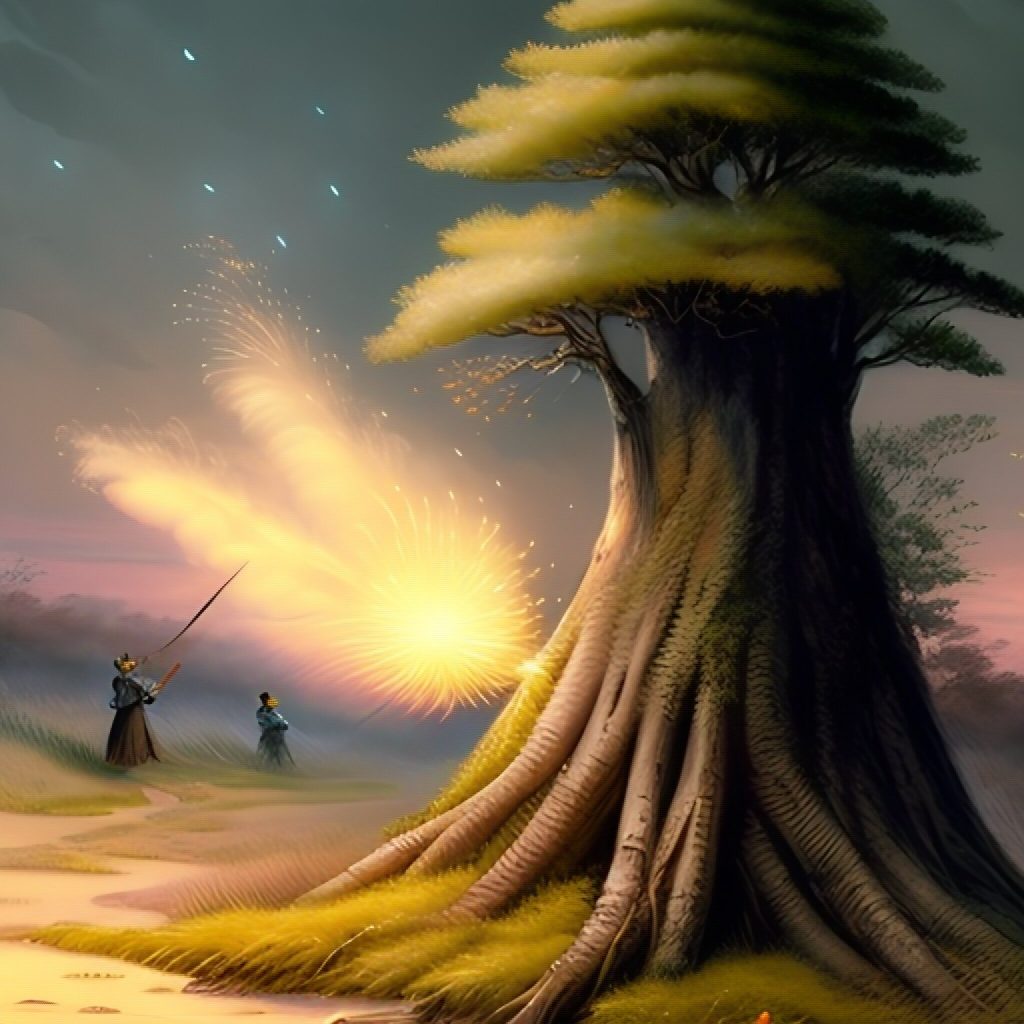
Even though there was a law called the Emancipation Proclamation that said enslaved people were free, not everyone knew about it or followed it. But on Juneteenth, the Union soldiers made sure that the people in Galveston, Texas, knew they were free.
This freedom journey was prompted three important changes to the Constitution: the 13th, 14th, and 15th amendments(4).
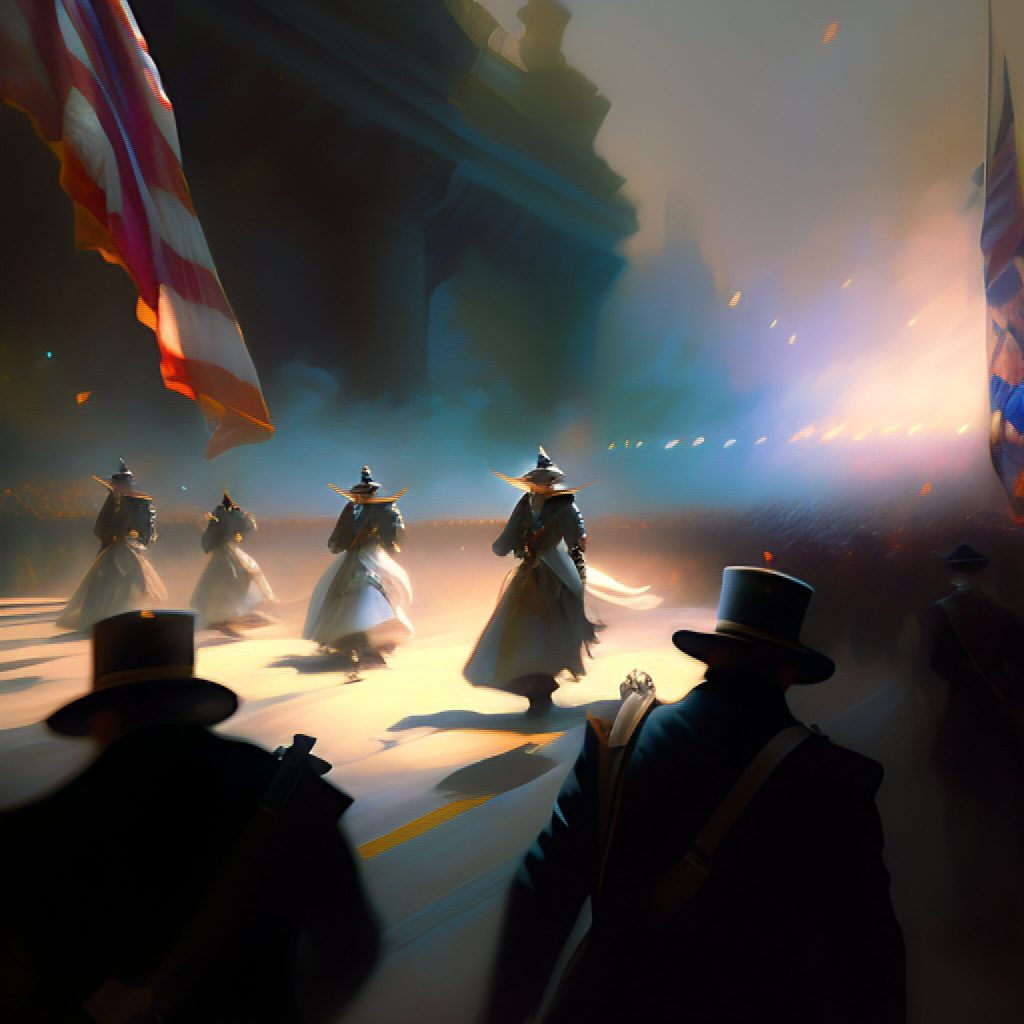
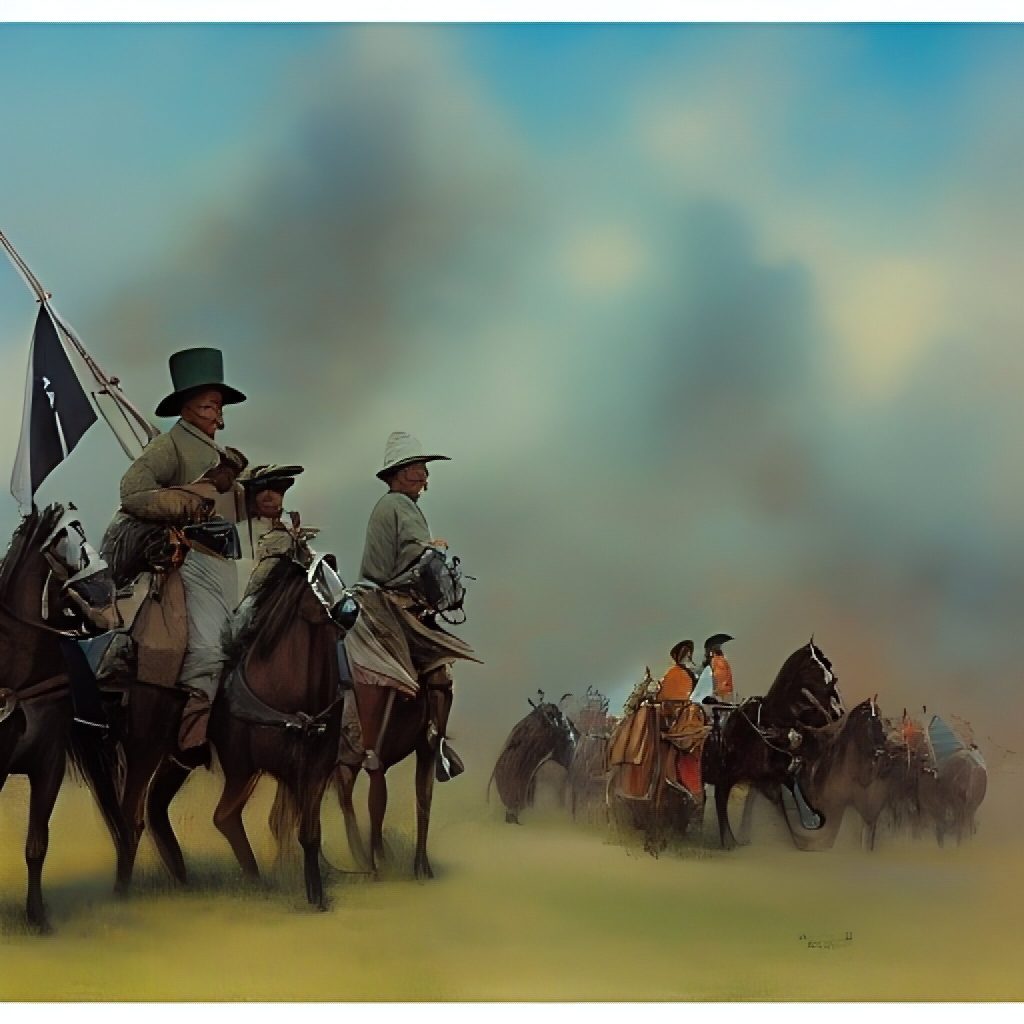
The 13th Amendment, added in 1865, said that slavery and forcing someone to work without their will were not allowed anymore(4). This was the first step in recognizing the freedom of Black/African people.
In 1868, the 14th Amendment said that everyone born or naturalized in the United States was a citizen. This included people who had been enslaved(4). This amendment meant that they all had the same protection under the law.
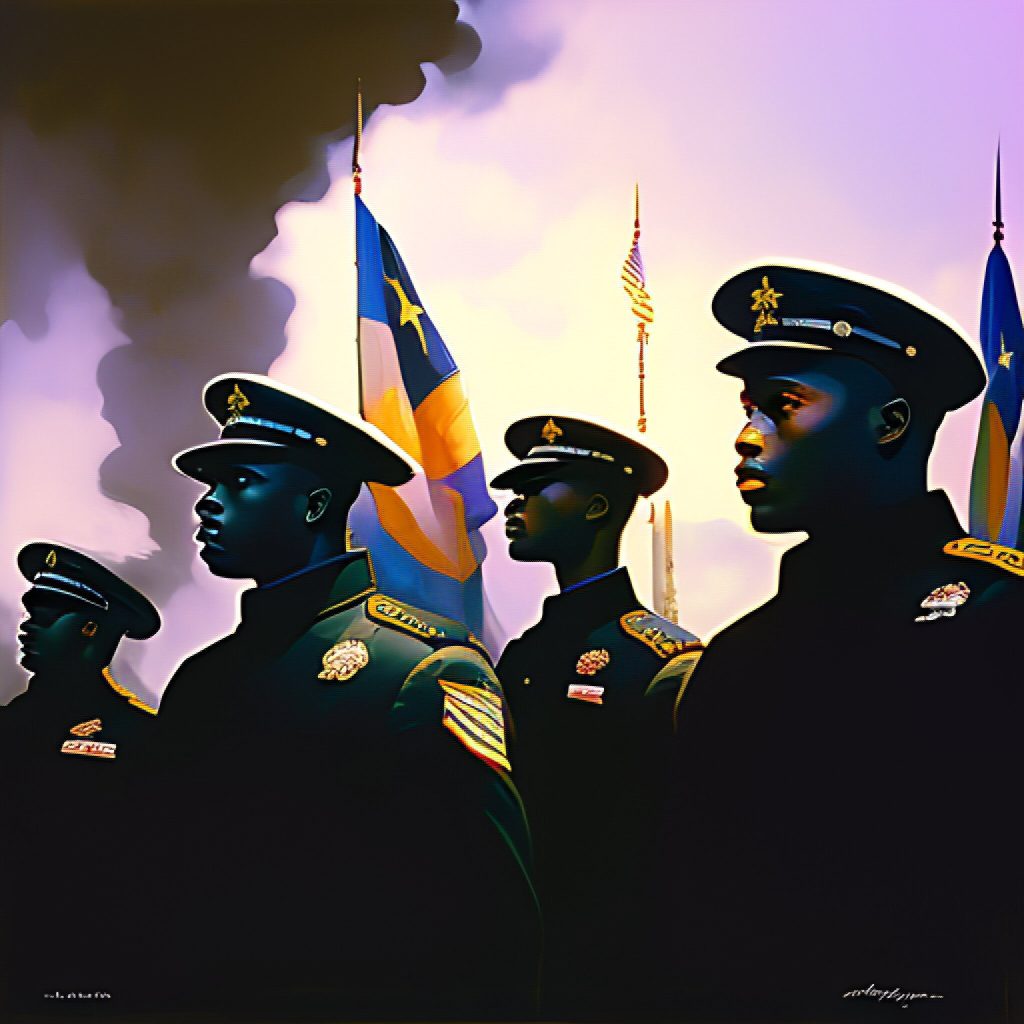
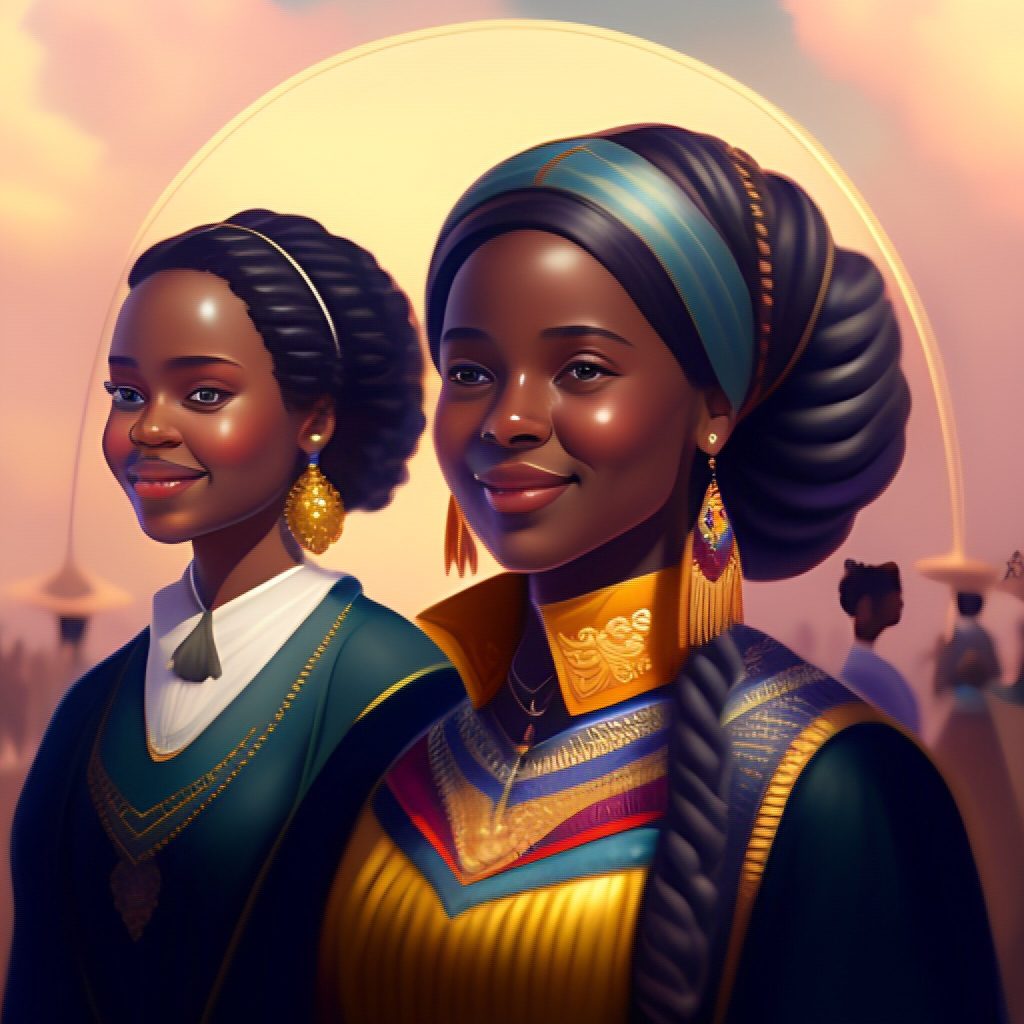
Then, the 15th Amendment in 1870 said that no one could be stopped from voting because of their “race, color, or previous condition of servitude”(4). This was an important step to allow Black/African people in America to have a say in how the country was run.
But even with these changes, things were not perfect. Black/African people had to fight hard to create their own world where they could live as free people. Juneteenth is a day to remember these brave people and honor the journey they started.
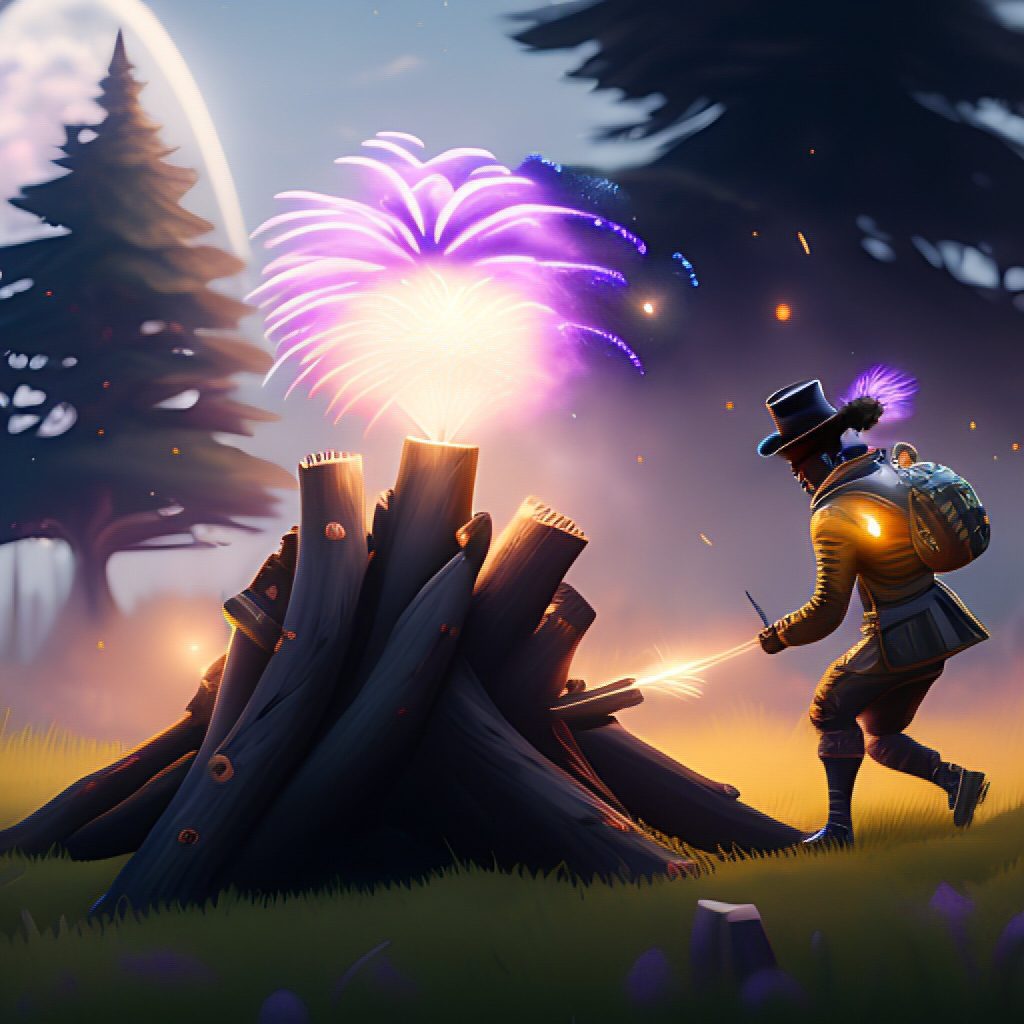
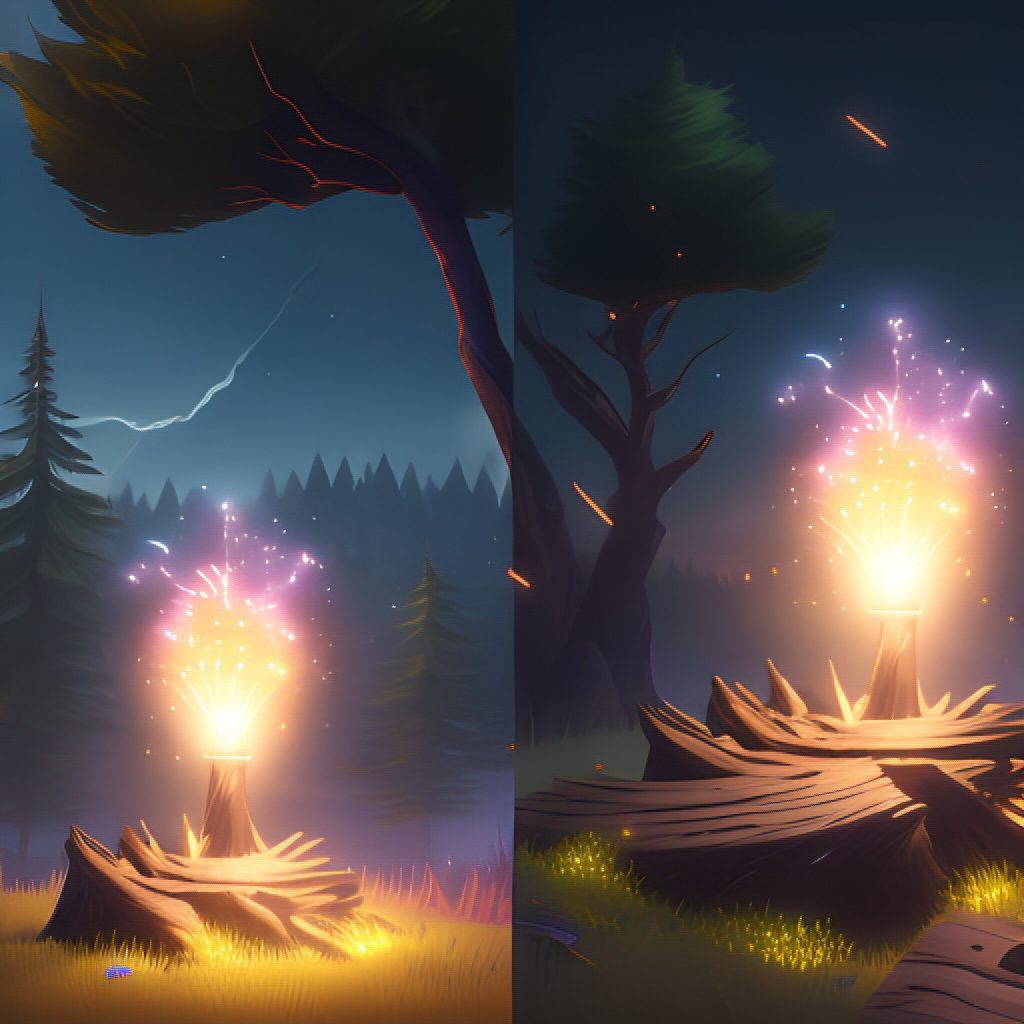
Glossary
- Emancipation: The act of being set free from legal, social, or political restrictions.
- Union Army: The land force that fought to keep the United States together in the Civil War.
- Amendments: Changes or additions to the U.S. Constitution.
- Civil War: A war fought in the United States from 1861-1865 between the Northern states (known as the Union) and the Southern states that seceded to form their own country (known as the Confederacy).
- Citizen: A member of a country who is granted rights and privileges protected by the country’s laws and is also expected to obey those laws.
- Freedom: The power to act, speak, or think as one wants without hindrance or restraint. For formerly enslaved people, this also meant the ability to make choices about their lives and futures.
- Enslaved: A state where individuals are owned by others, who control where they live and at what they work. This was a condition experienced by Black/African people in America prior to emancipation.
- Confederate Army: The military land force of the Confederate States of America (the South) during the American Civil War.
- Servitude: The state of being a slave or completely subject to someone more powerful.
Let's Talk About It Discussion Questions
- Why do you think Juneteenth is an important day to celebrate?
- What is the significance of the 13th, 14th, and 15th amendments?
- Why was the news brought by the Union soldiers on Juneteenth different from the Emancipation Proclamation?
- How do you think the formerly enslaved people felt on Juneteenth?
- What does true freedom mean to you?


